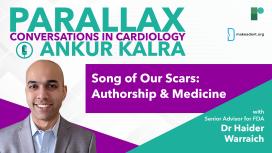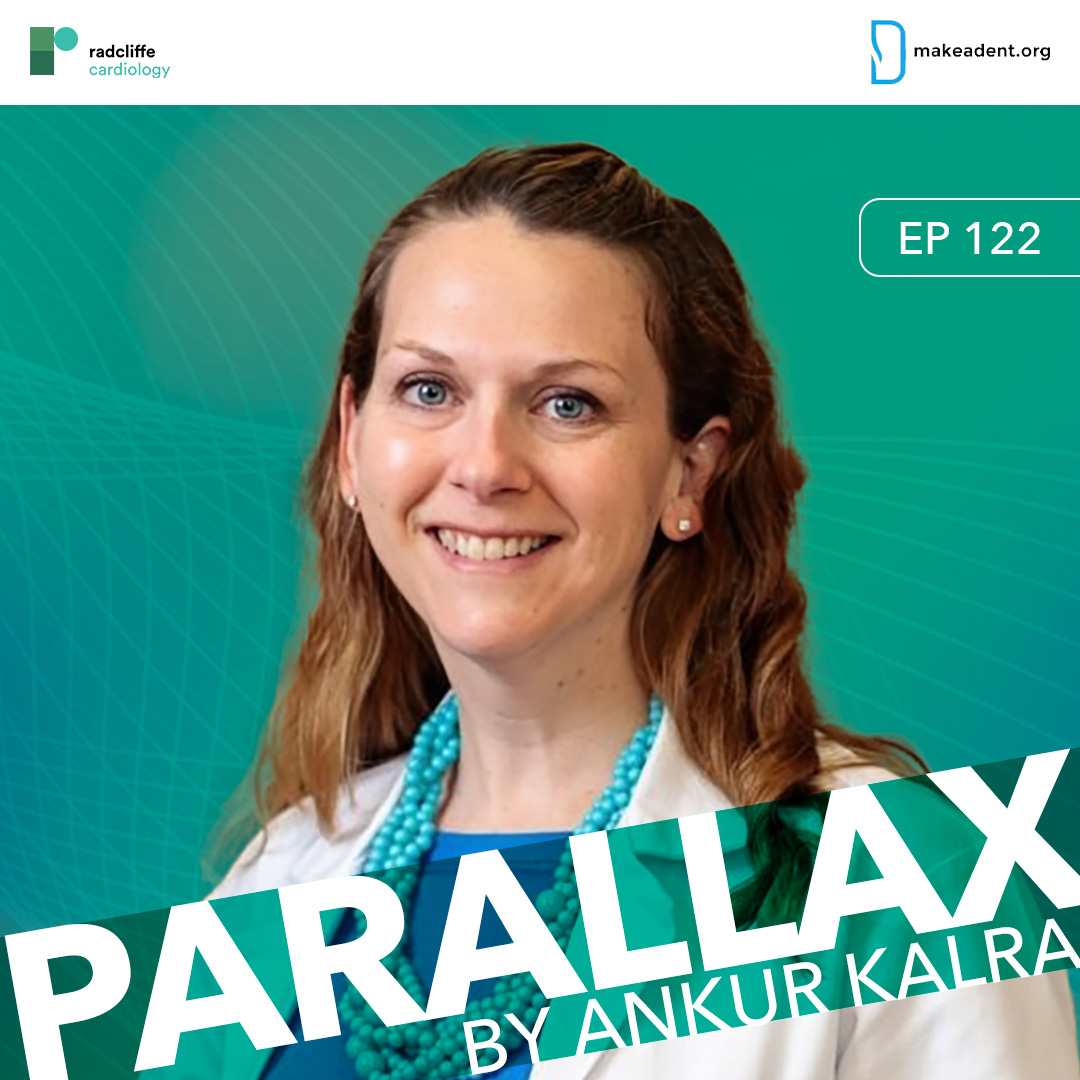
In this thought-provoking episode of Parallax, Host, Dr Ankur Kalra engages in an illuminating conversation with Dr Karen Joynt Maddox, a distinguished cardiologist and health policy researcher at Washington University School of Medicine in St. Louis. Together, they navigate the complex intersection of cardiovascular medicine, health economics, and public health policy.
Dr Joynt Maddox shares her unique journey into health economics research, offering valuable insights for cardiologists considering this vital career path. The discussion delves deep into the need for enhanced collaboration between clinicians and policymakers, emphasizing how physicians' frontline experiences can inform more effective healthcare policies.
In examining the growing presence of private equity in cardiology practices, Dr Joynt Maddox provides nuanced insights into this transformative trend. Through thoughtful analysis, she explores how this financial model shapes healthcare delivery, innovation, and patient outcomes. The conversation extends to broader economic challenges in cardiovascular medicine, particularly the intricate balance between fostering medical innovation and ensuring accessible, affordable care for patients.
Drawing from her extensive research experience, Dr Joynt Maddox emphasizes the role of social determinants in cardiovascular health outcomes. The episode concludes with a compelling discussion on integrating public health principles into medical education, offering a vision for a more holistic approach to cardiovascular care.

Chest pain is one of the most common reasons for an emergency room visit in the US, with almost 6 million ER visits annually, yet there is no consensus on how to compare the results from various hscTn assays. Tune in to hear Santiago outline the advantages and limitations of using hscTn as a standard biomarket to evaluate patients with suspected ACS in the ER.
Hosted by @AnkurKalraMD. Produced by @RadcliffeCardiology.

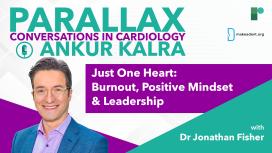
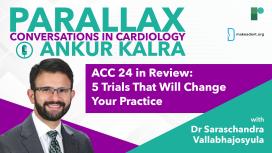
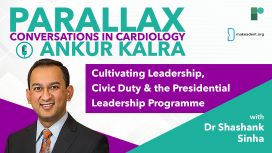
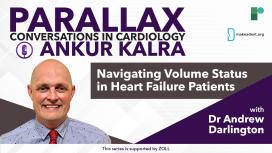
Together, Dr Kalra and Dr Darlington delve into the significance of assessing volume status in patients with heart failure, highlighting its continued relevance in 2024, including the availability of new diagnostic tools, including the Heart Failure Management System (HFMS).
This series is supported by ZOLL and is intended for Health Care Professionals.
